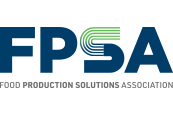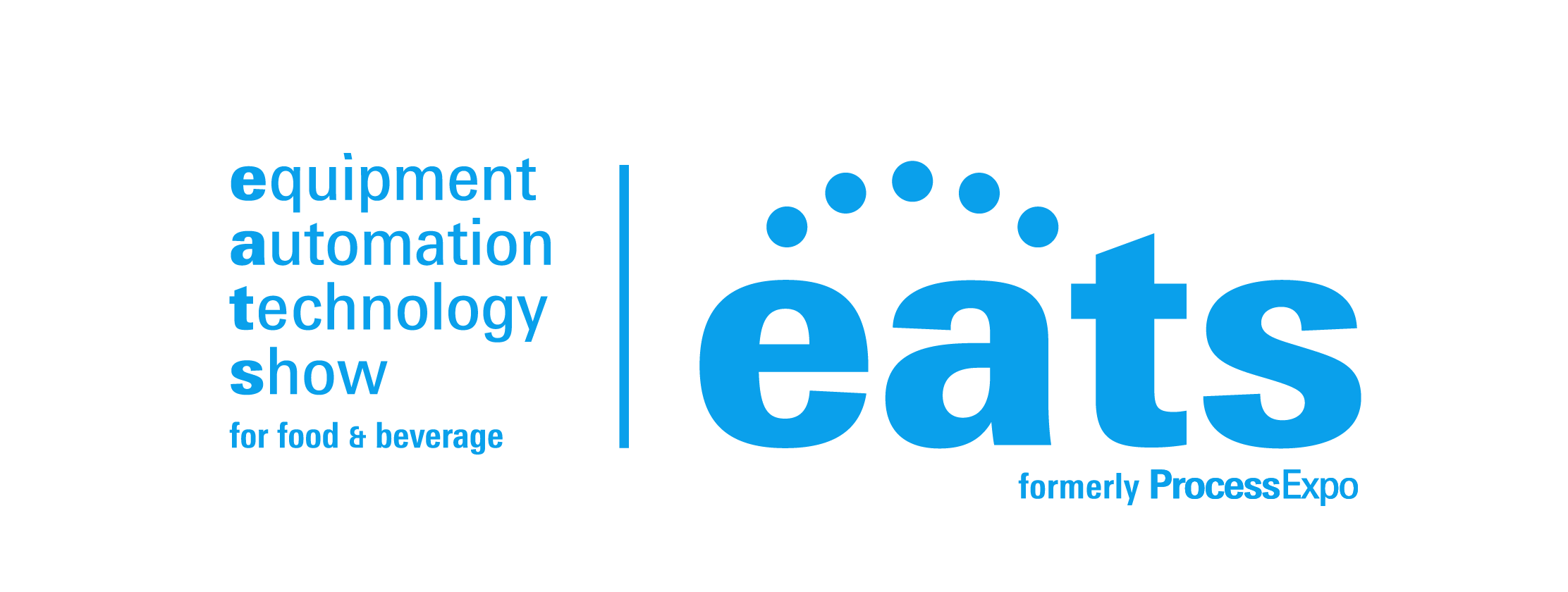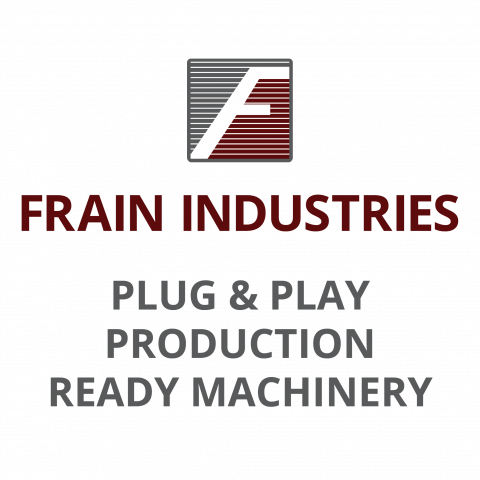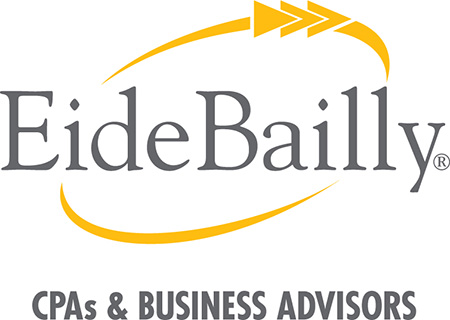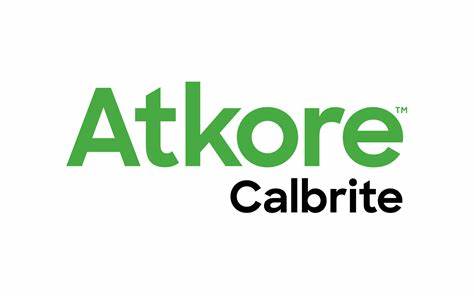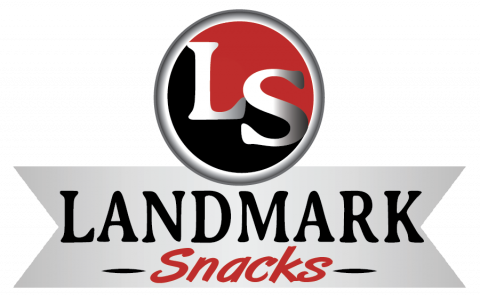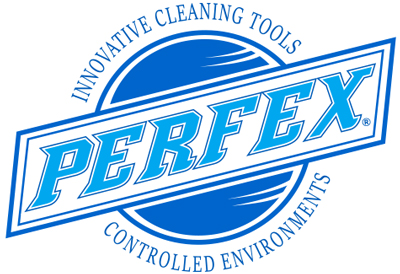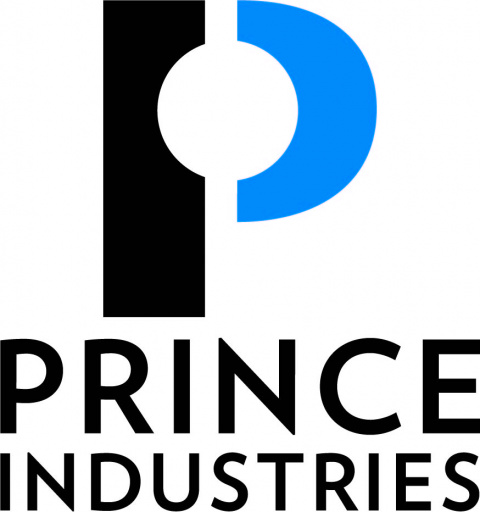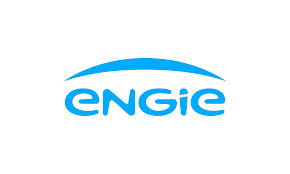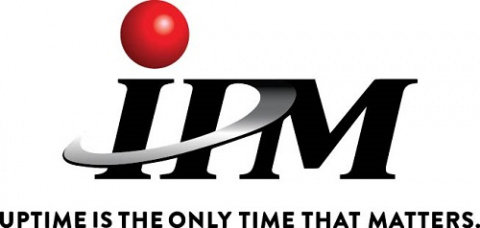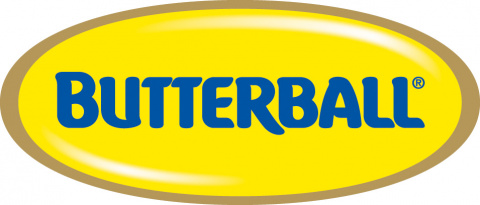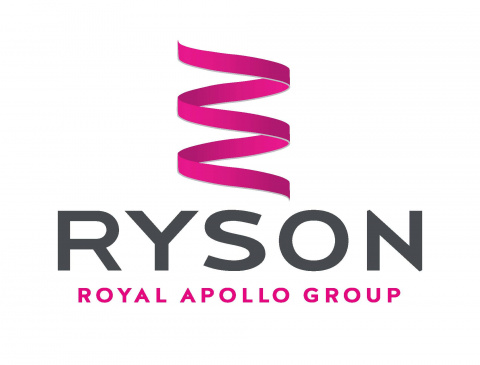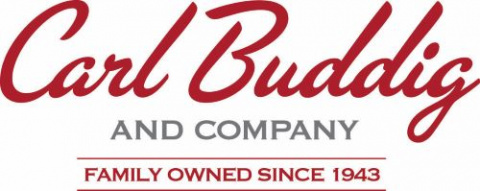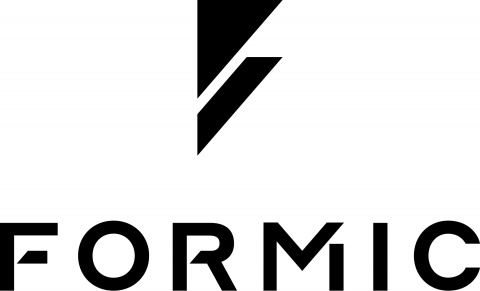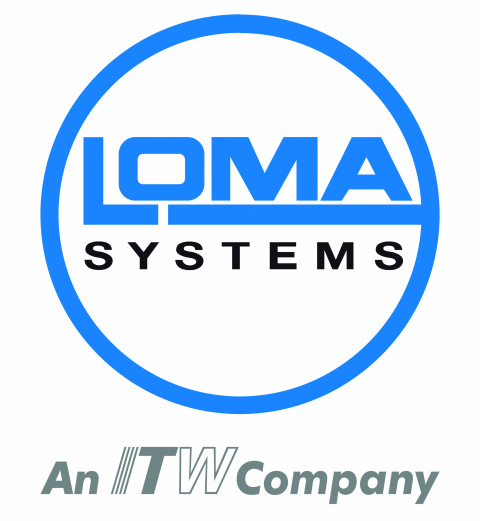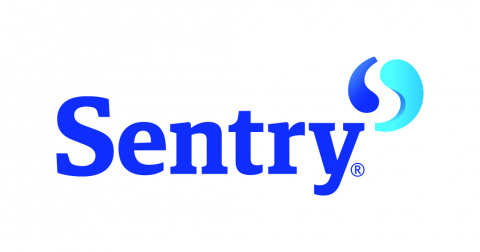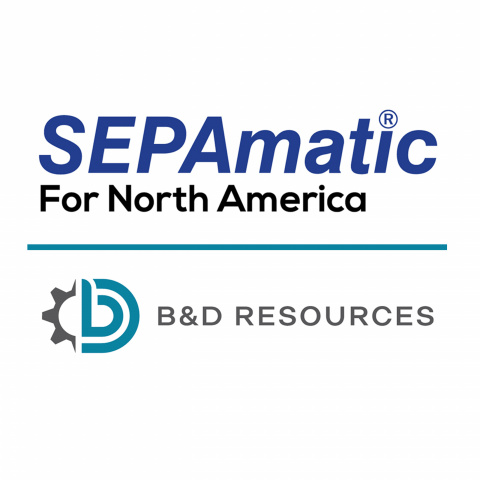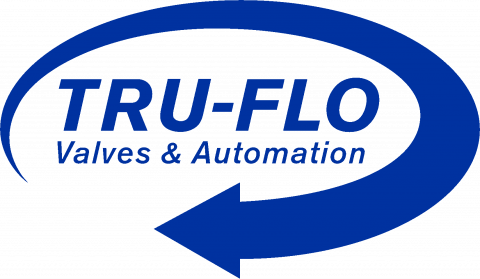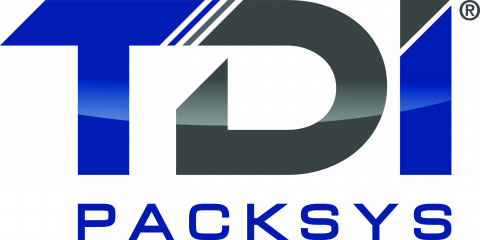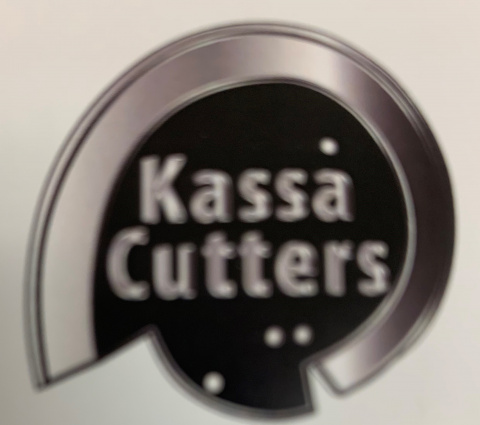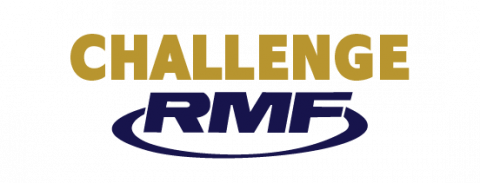(as April 13, 2020)
Recently the U.S. Department of Treasury (Treasury) and the U.S. Federal Reserve (Federal Reserve) announced additional actions to provide up to $2.3 trillion in financing for the American economy through programs authorized under the Coronavirus Aid, Relief, and Economic Security (CARES) Act. This includes the establishment of new programs and the expansion of existing facilities established under Section 13(3) of the Federal Reserve Act.
The new programs are the Main Street New Loan Facility (MSNLF), Main Street Expanded Loan Facility (MSELF), The Paycheck Protection Program Lending Facility and the Municipal Liquidity Facility (MLF). The expanded programs are the Primary and Secondary Market Corporate Credit Facilities (PMCCF and SMCCF) and the Term Asset-Backed Securities Loan Facility (TALF).
Through these programs, Treasury has earmarked $185 billion of the $454 billion authorized under Section 4003(b)(4) of the CARES Act. Treasury still has $269 billion to use for future programs, if necessary, under this section of the Act, assuming no further authorizations from Congress. The Federal Reserve will leverage the Treasury’s commitments to further expand the total funding available to eligible participants through these facilities.
Following are is a summary of the new and expanded programs:
Main Street New Loan Facility and Main Street Expanded Loan Facility
- MSNLF and MSELF will provide in total up to $600 billion in loans to small and mid-sized businesses through a $75 billion equity investment in a special purpose vehicle and further leverage from the Federal Reserve. MSNLF will provide new loans and MSELF will provide upsized tranches on loans that were first originated before April 8, 2020. A special purpose vehicle established by the Federal Reserve will purchase a 95 percent participation in the loan or upsized tranche and the lender will hold the other five percent.
- Eligible businesses are those with up to 10,000 employees or $2.5 billion in annual revenues (based on the business’s 2019 reported revenue). They must be US-organized and have significant operations and a majority of their employees in the United States. Participating as a borrower in the Paycheck Protection Program does not prevent the borrower from also participating in one of these programs.
- The minimum loan or upsized tranche provided under both MSNLF and MSELF will be $1 million.
- The maximum loan under MSNLF will be the lesser of (i) $25 million or (ii) an amount when added to the eligible business’s existing outstanding and committed but undrawn debt that does not exceed four times the eligible business’s 2019 earnings before interest, taxes, depreciation, and amortization.
- The maximum upsized tranche loan under MSELF will be the lesser of (i) $150 million, (ii) 30% of the eligible business’s existing outstanding and committed but undrawn bank debt, or (iii) an amount that, when added to the eligible business’s existing outstanding and committed but undrawn debt, does not exceed six times the eligible business’s 2019 earnings before interest, taxes, depreciation, and amortization.
- The interest rate will be equal to the Federal Reserve’s Secure Overnight Financing Rate plus 250-400 basis points, and will have a four-year maturity.
- The conditions and restrictions applicable to loans authorized under Section 4003(b)(4) of the CARES Act will apply to these loans, including limits on compensation, stock buybacks, capital distributions. Additional conditions applicable to both the lender and eligible business apply are summarized in the MSNLF.
- Eligible businesses may participate in either program but not both. In addition, eligible investors who participate in either MSNLF or MSELF may not participate in the PMCCF.
Paycheck Protection Program Lending Facility
- Federal Reserve Banks will lend to depository institutions who originate Paycheck Protection Program loans under Section 1102 of the CARES Act (PPP loans). The amount of the credit will be equal to the principal amount of the PPP loan.
- The Federal Reserve Banks will take the PPP loans as collateral, and the maturity date of the credit under this program will equal the maturity of the underlying PPP loan.
- There are no fees associated with the credit and the lending rate will be 35 basis points.
Municipal Liquidity Facility
- To support the Payroll Protection Program under the CARES Act, MLF will provide up to $500 billion in direct financing to states, counties, and cities to help offset the delay in state and local tax receipts and short-term losses in tax revenues from reduced business and consumer activity. Treasury will provide support for this financing through a $35 billion equity investment.
- To receive financing under MLF, states, counties, and cities will sell new municipal notes to the MLF. These notes include tax anticipation notes, tax and revenue anticipation notes, bond anticipation notes, and other similar short-term notes. All notes must mature no later than 24 months from the date of issuance and are subject to review by the Federal Reserve.
- The issuer of the note must pay an origination fee equal to 10 basis points of the principal amount of the note purchased.
Primary and Secondary Market Corporate Credit Facilities
- PMCCF and SMCCF, together, have been expanded to provide up to $750 billion in additional liquidity through a $75 billion equity investment in a special purchase vehicle. The initial allocation of equity will be $50 billion toward PMCCF and $25 billion toward SMCCF.
- The additional liquidity will be used to purchase eligible corporate debt. This includes corporate bonds and syndicated loans. All debt must have maturity of four years or less, and no more than 25 percent of any loan syndication or syndicated bond issuance may be purchased.
Term Asset-Backed Securities Loan Facility
- As previously announced, TALF will provide up to $100 billion in loans through the support of an equity investment by Treasury of $10 billion in a special purpose vehicle.
- The asset-backed securities (ABS) eligible to serve as collateral for such loans has been expanded to include certain highly rated, newly-issued static collateralized loan obligations (other than CRE CLOs) and legacy conduit commercial mortgage-backed securities. ABS backed by servicing advance receivables are no longer included in the ABS eligible to serve as collateral for such loans.
- The TALF announcement also specified the schedule of haircuts that will apply to ABS depending on their asset class and average life.
[***Please note that these materials are provided for informational purposes only and should not be a substitute for legal or accounting advice. In all instances, individuals and companies should consult with their own legal and accounting professionals]
